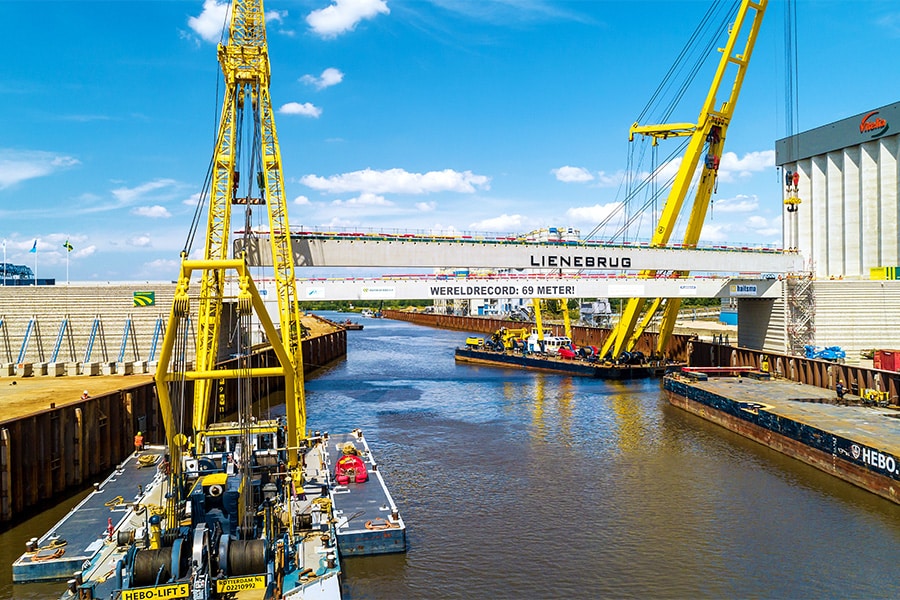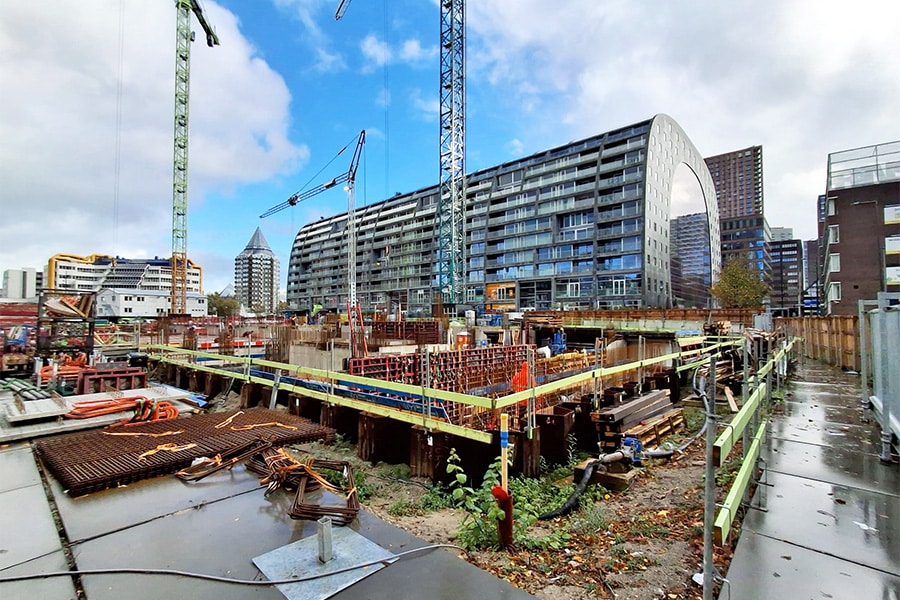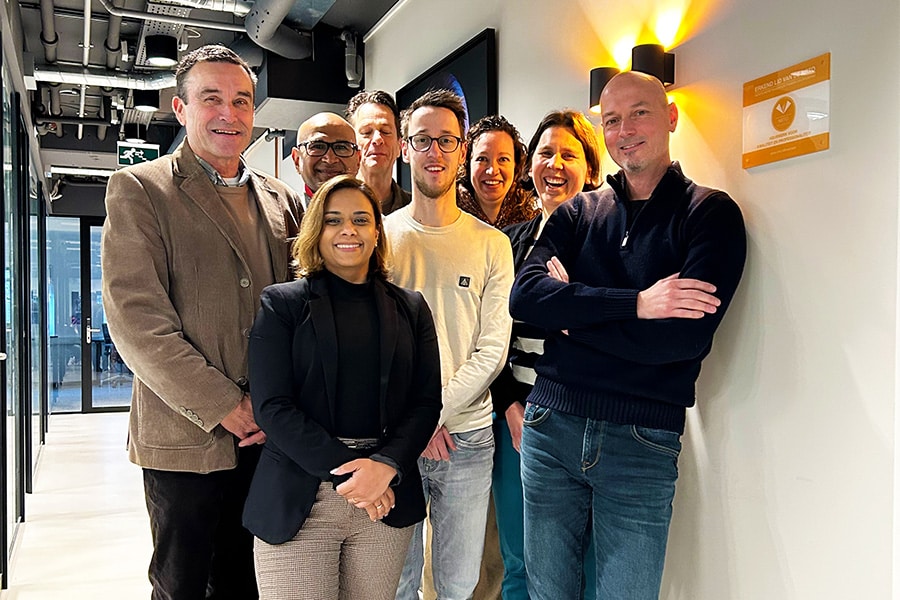
Sharing and developing knowledge
Develop yourself by participating in one of the Concrete Association's 40 courses
For decades, the Concrete Association has been the knowledge institute in the field of concrete in the Netherlands. From that role, current and relevant knowledge is shared with the professional field. In this, the courses are an important pillar. They ensure that professionals, from architect to concrete structural engineer or laboratory technician, always have the latest insights and techniques at their disposal. No fewer than eight new courses were launched in 2025, and the range of courses on offer for the coming year is also being fine-tuned. An interview with Chantal Mülders, Program Manager Education and Innovation at the Concrete Association.
The philosophy behind the course offerings is twofold, begins Mülders. “On the one hand, we take care of maintaining and updating our existing portfolio. On the other hand, we look ahead with an innovation agenda: what themes are playing in the construction industry, where are the needs, and on what topics can we develop new courses? We draw up this agenda annually, often with a view to the longer term. In this way we ensure that our offer is in line with what the market demands and contributes to the further professionalization of the sector.”
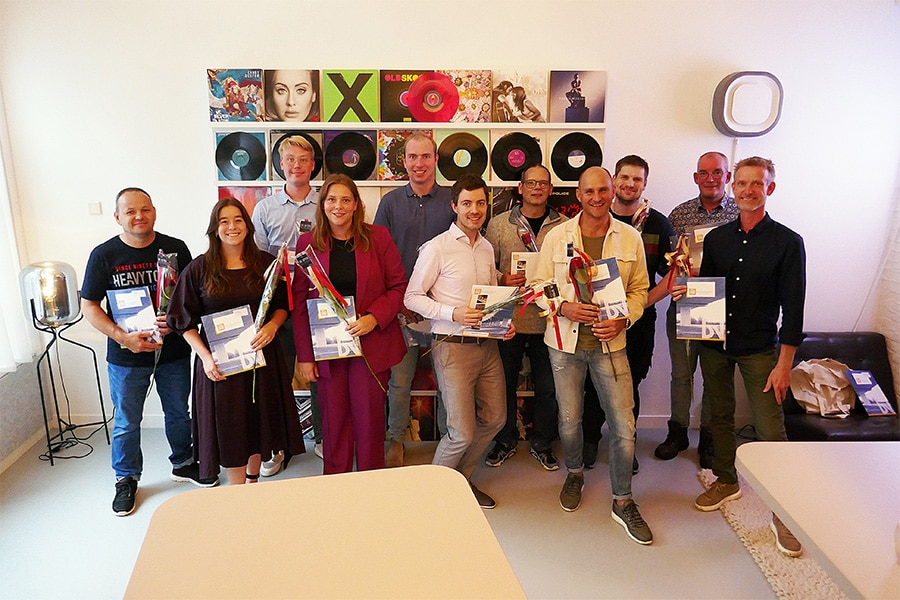
New courses in 2025
In 2025, the Concrete Association has launched several new courses, some of which have already started successfully. “One of the most important topics is the Renewed Eurocode 2, aimed specifically at structural engineers. The new Eurocode 2 will be in force as early as 2028 and will substantially change the way we calculate concrete structures. Our ambition is to develop timely courses to help professionals prepare for this. They must know what changes will soon be implemented and how they affect their daily work,” says Mülders. “In addition, three new courses around concrete science have been launched, tailored to specific target groups. For example, structural engineers study raw materials and material selection, while architects learn how to design sustainably and innovatively with concrete. In doing so, we are bringing the possibilities of concrete technology closer to different disciplines.”
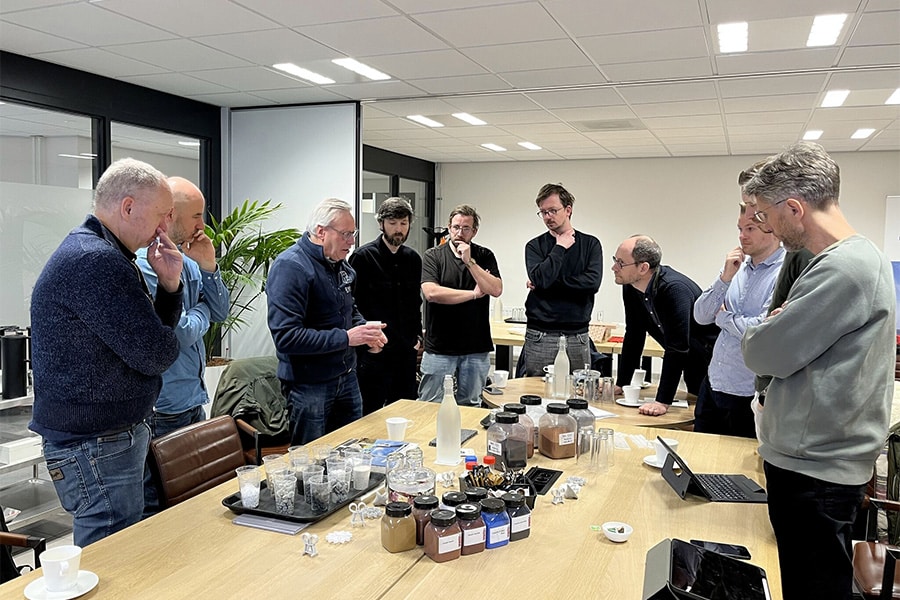
Sustainability and circularity
Sustainability also plays a central role in the Concrete Association's course offerings. “We have developed courses for both infrastructure and residential and non-residential construction, in which topics such as the Environmental Cost Indicator (MKI), ceiling values and laws and regulations are covered in detail. Participants also practice performing MKI calculations themselves, making the theory directly applicable in practice,” Mülders explained. “Another new course, which started in September this year and was immediately fully booked, focuses on the reuse of existing structures. A topical subject, in which we zoom in on how buildings can be repurposed, transformed or extended, with a particular focus on the role of both the structural engineer and concrete maintenance engineer. The great interest underlines how relevant this topic is; a repeat of the course is already being planned.”
Online and physical education
Also new is the online entry-level course ‘Getting Started with Concrete. In five short modules, participants learn the basics of concrete, from raw materials and properties to real-world applications. According to Mülders, this course is ideal for industry starters or professionals who want to refresh their basic knowledge. ’For 2026, we are working on a follow-up course, very appropriately called “Further with Concrete,‘ which will also be online and modular. Here we will go deeper into how processes take place in a concrete mortar plant or precast concrete factory, for example. In addition, new in-depth courses will also be developed in the coming years to supplement the course for the Renewed Eurocode 2.’
In addition to developing new courses, the Concrete Association of course also maintains the existing range of some 40 courses. “In addition, we respond flexibly to signals from the market,” says Mülders. “When new knowledge demands arise, we develop customized solutions. In this way, the Concrete Association remains the central knowledge platform on which the concrete sector can build.”
Heeft u vragen over dit artikel, project of product?
Neem dan rechtstreeks contact op met Concrete Association.

